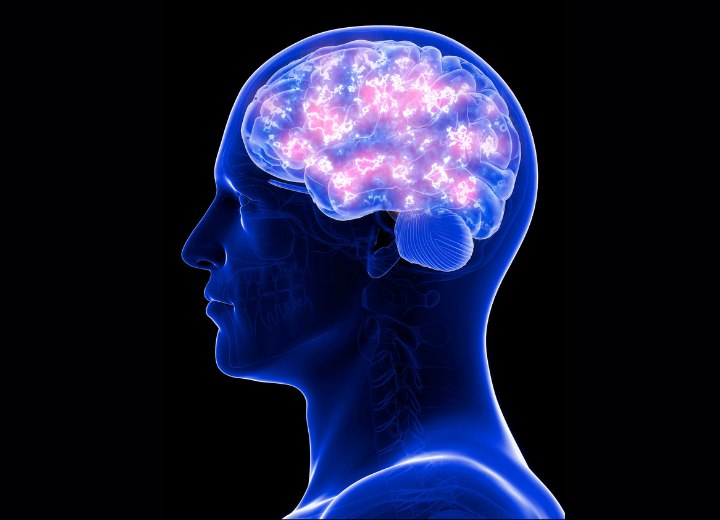Haircuts and Neurotransmitters

A: I agree that a haircut can be a real mood booster. I'll try to explain why something seemingly simple like a hair salon appointment can have such a significant impact on our mental well-being. As you've observed, it has a lot to do with neurotransmitters. During a visit to the hair salon, a neurological play takes place where certain neurotransmitters can contribute to making it a pleasant experience.
Cortisol: Although the goal of a haircut is relaxation, a visit to the hair salon can be accompanied by a rise in cortisol, the stress hormone. This is a natural response to a different environment and/or the anticipation of the haircut session and perhaps a new look. However, the salon's interior, atmosphere, and the focused attention of the hairdresser can also have the opposite effect, creating a sense of calm and lowering cortisol levels. For some, a visit to the hair salon reduces cortisol levels and serves as an opportunity to de-stress.
Dopamine: While the hairdresser changes your hair, the brain's reward system can be activated, leading to the release of dopamine. Dopamine is a neurotransmitter associated with pleasure and reward. The anticipation of beautiful hair and the visual satisfaction of the haircut contribute to the release of dopamine. The positive feeling associated with a haircut acts as a rewarding experience and reinforces the desire to repeat this activity in the future. This explains the addictive nature and frequent salon visits for many.
Endorphins: Endorphins are often called the body's natural painkillers and mood enhancers. The physical sensations associated with a haircut, such as the gentle head massage during washing or the feeling of hair being cut, can stimulate the release of endorphins. Endorphins provide a sense of euphoria and well-being. This dose of feel-good neurotransmitters contributes to the positive association many people have with their hair salon visit.
Oxytocin: Oxytocin is known for promoting a sense of connection and trust. Physical contact during the hair appointment, from hair washing to the final touches, can stimulate the release of oxytocin. The interaction between hairdresser and client can be a positive and connecting experience. This experience not only contributes to the overall enjoyment of the haircut but also emphasizes the social and emotional aspects of a visit to the hair salon.
Serotonin: Serotonin is responsible for regulating mood, appetite, and sleep. The gentle touch of the hairdresser's hands, the rhythmic sound of the scissors, the soothing background hum, and the visual appeal and calming atmosphere of the salon can trigger the release of serotonin in the brain. This neurotransmitter plays a crucial role in promoting a positive emotional state, allowing you to momentarily forget your busy daily obligations.
The psychological aspect of a haircut plays a crucial role in neurotransmitter release. The anticipation of a positive change in appearance and the pampering experience contribute to psychological well-being. The positive mindset associated with these factors enhances neurotransmitter release, making it an uplifting experience.
©Hairfinder.com
See also:
Hair and dopamine
Hair salons